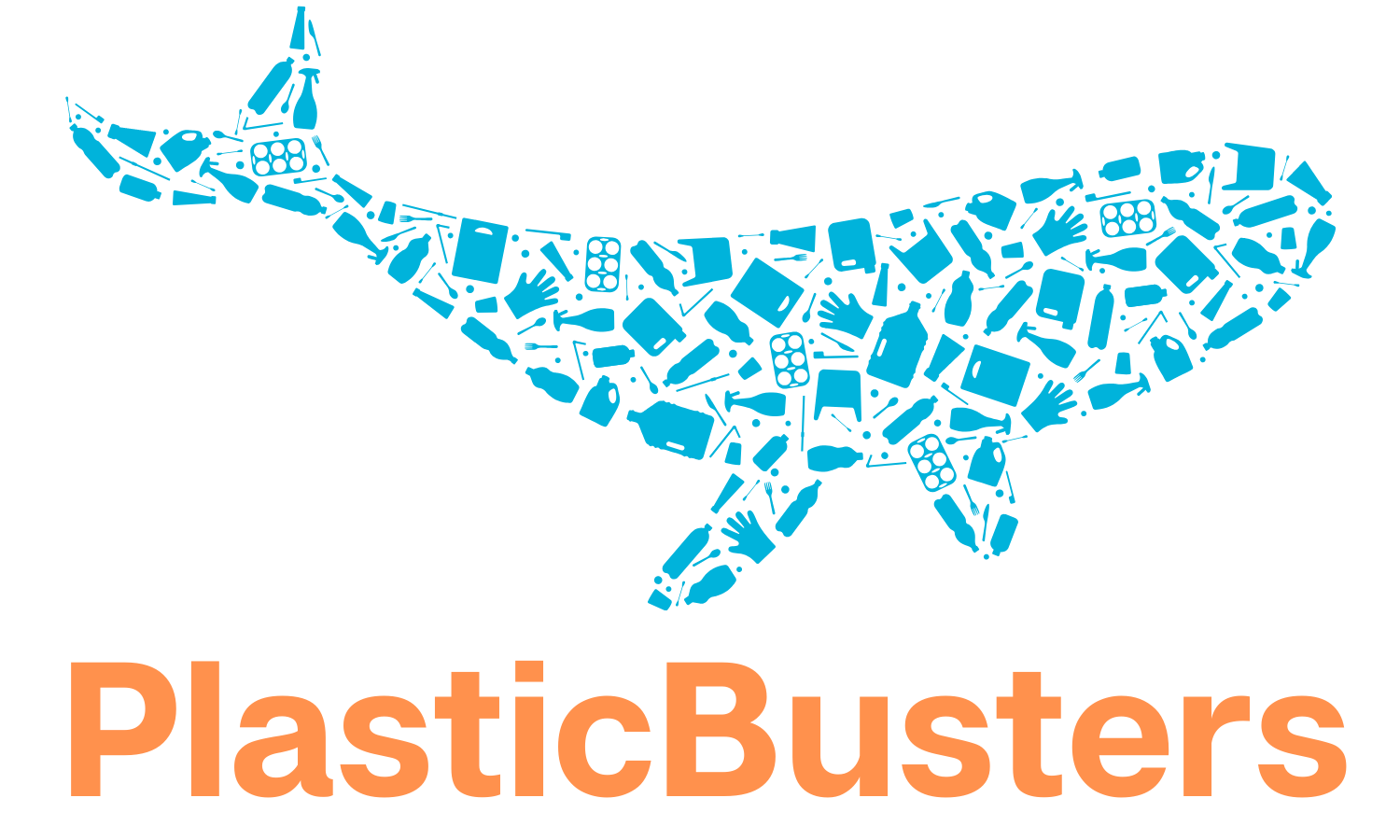Some tips to enjoy a safe clean-up activity
Before the cleanup
Ensure that the activity is safe and permitted by local authorities and/or landowner.
Always follow local health and safety ordinances before heading outside.
Be sure to practice social distancing and robust sanitation practices before, during, and after your cleanup.
If working alone, let someone know where you are going and when to expect you back.
Before heading out, know what route you want to take and calculate how long it will take.
Always do your cleanup in daylight and when weather conditions are suitable. Check the weather forecast to avoid surprises and come prepared for sudden changes.
During the cleanup
Wear heavy-duty, protective gloves at all times and use a litterpicker.
If working alone, try to stay in sight and earshot of others.
Never touch the litter, or your face, with your bare hands.
Cover any cuts (however minor) with surgical tape or a waterproof plaster
Wash hands and forearms before eating, drinking, smoking or going to the toilet.
Dress comfortably and weather proof.
Bring hand sanitizer, especially if you are somewhere where you are unable to wash your hands.
Only pick up litter that is safe to handle and can be easily disposed of or recycled.
Consider using an App to log your piece of litter and support citizen science. We recommend the EyeSea App.
Avoid:
Potentially hazardous objects such as unidentified cans or canisters, oil drums and chemical containers.
Sharp objects such as broken glass and disposable BBQs – these should be collected in separate containers not litter bags.
Heavy objects.
Clinical waste such as needles/syringes – do not attempt to move them yourself. Make a note of their location and inform your local council.
Hazardous areas such as deep or fast-flowing water, steep, slippery or unstable banks, sharp rocks, derelict buildings, busy roads and electric fences. If working on the beach or seaside, be aware of tide times.
After the cleanup
Wash your hands as soon as possible.
Disinfect all the reusable equipment that was used during your clean-up.
Sort the waste you have collected and ensure it is disposed of safely and in a way that it can be appropriately managed by the local waste management infrastructure.
Publicize the success of your cleanup on social media and tag us with the hashtags #AdoptTheWorld and #PlasticBusters. We love to feature our volunteers!
In addition, please ensure you are observing health & safety advice given by your government related to the COVID-19 Pandemic.
Have we missed something? Please drop us an email to mail@plasticbusters.org and let us know.
Most importantly from everyone at PlasticBusters, stay safe 🙂!

